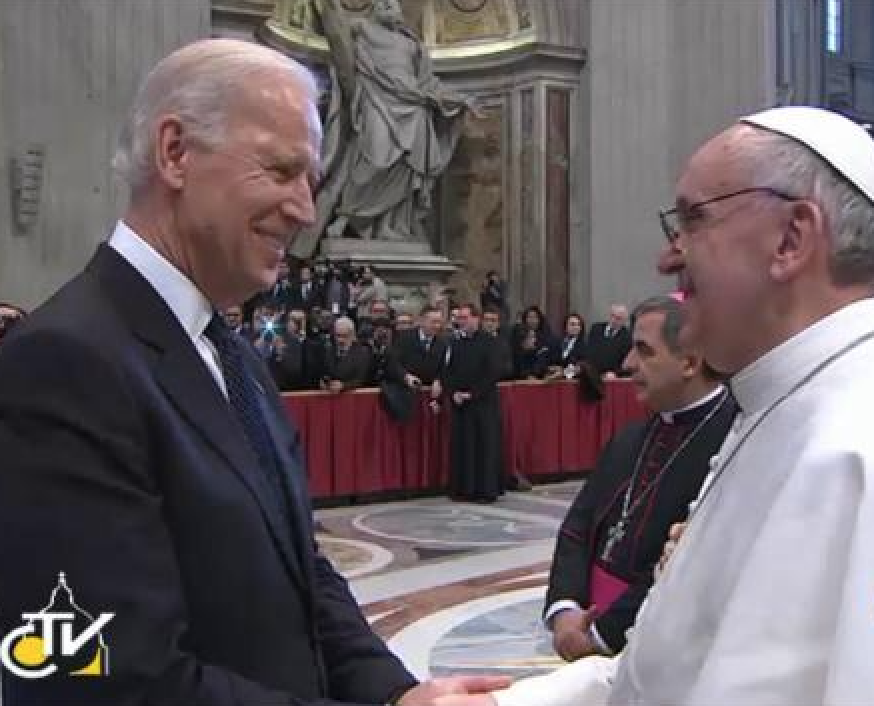Whether they’ll admit it or not, when covering conflicts and controversies many (not all) journalists seem to think that one of their main duties is to help (wink, wink) readers separate the people in white hats from those in black hats, smart people from the not-so-smart people and kind people from mad people.
There are several ways to do this. Reporters can quote calm, articulate people on one side, will seeking the most radical, scary voices on the other. I have, when covering events linked to abortion, seen TV crews rush past women who oppose abortion (including women who have experienced abortions) in order to interview screaming male protesters who are waving (literally) bloody signs.
Journalists can do long, personal interviews with people on one side, while pulling dry, boring quotes from press releases on the other. They can allow one set of activists to define all the crucial terms and questions, while ignoring or distorting the beliefs of activists on the other side.
Journalists also get to choose the labels they pin on the competing armies. That was the subject that loomed over this week’s “Crossroads” podcast (CLICK HERE to tune that in), which focused on the bitter debates surrounding the resignation of Russell Moore as leader of the Southern Baptist Convention’s Ethics and Religious Liberty Commission.
The obvious other news hook: The nation’s largest non-Catholic flock will hold its 2021 national meeting next week (June 15-16) in Nashville. For more background, see this earlier post: “That SBC powderkeg: Clearly, executive committee is bitterly divided on sexual-abuse issues.”
As the old saying goes, “You can’t tell the players without a program.” Well, it’s going to be crucial how journalists label the “players” in this conflict.
For example, here is a crucial section of a new Peter Wehner essay at The Atlantic, which ran under this headline: “The Scandal Rocking the Evangelical World — The sudden departure of Russell Moore is forcing an overdue conversation about the crises of American Christendom.”









